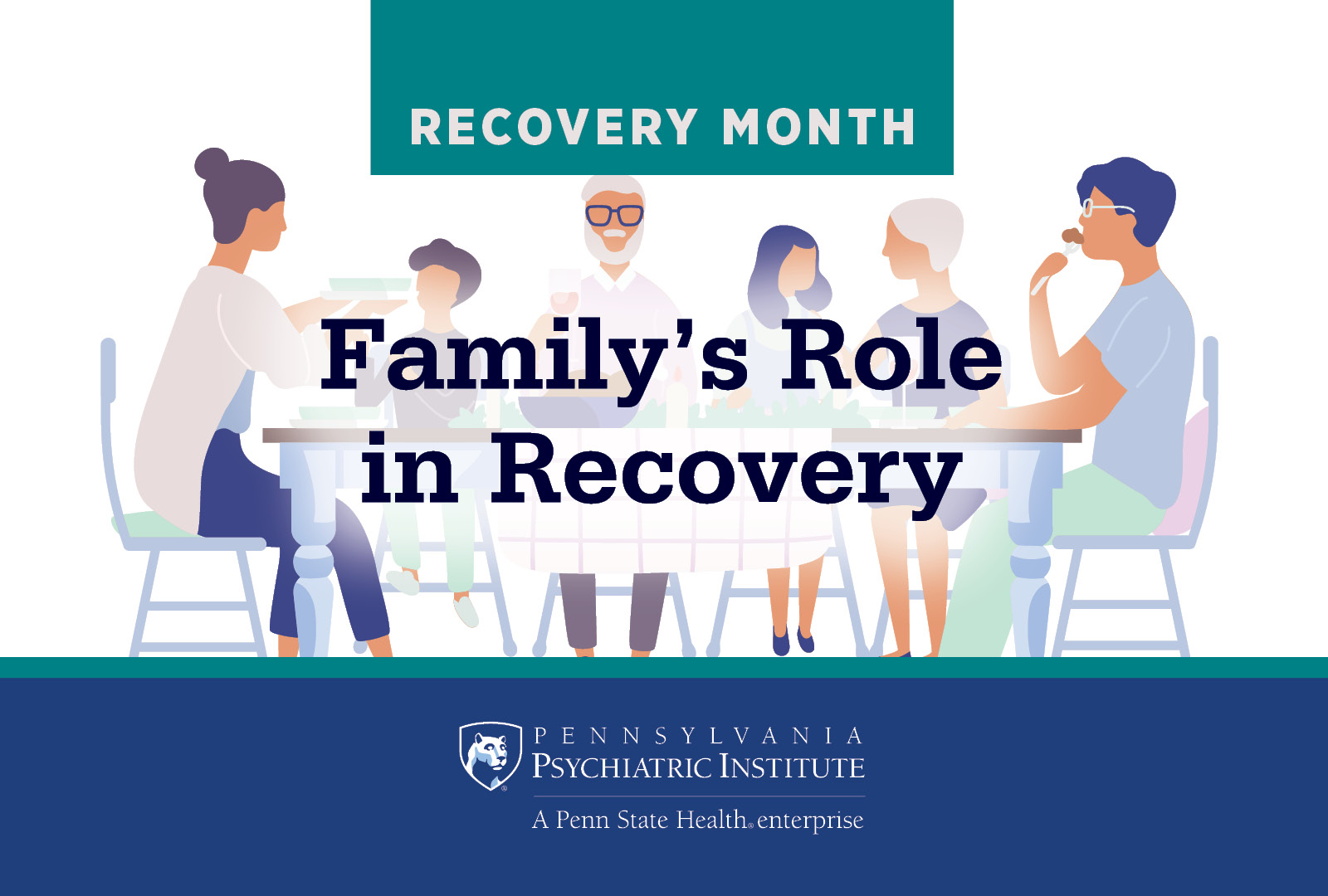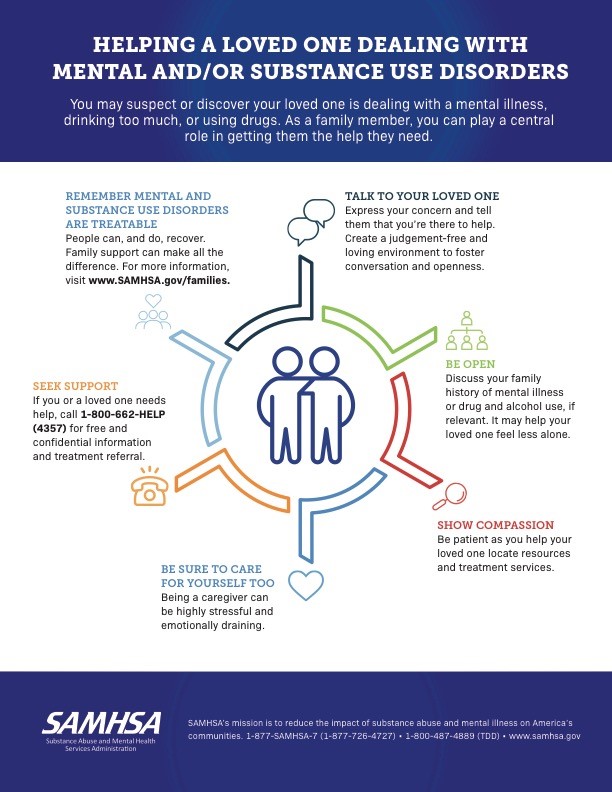At the heart of a successful recovery journey lies not only the individual in recovery but also their closest allies: their family. Insights from the Substance Abuse and Mental Health Services Administration (SAMHSA) and experiences at the Pennsylvania Psychiatric Institute (PPI) consistently emphasize the invaluable role family plays in the recovery process, especially for those battling mental and substance use conditions.
The Power of Hope and Resilience
Hope serves as the cornerstone of recovery, and families embody this hope, acting as unwavering pillars of support through every twist and turn of the journey. While recovery presents its highs and lows, it’s within the family circle that resilience is nurtured, empowering individuals to rise after setbacks and face life’s challenges hand in hand.
“In the journey of recovery, the consistent support of family can transform challenges into milestones of strength and progress,” says Elizabeth Ward, a lead counselor at PPI.
The Holistic Approach to Recovery
Mental health recovery is holistic, addressing not only the individual but their community, including families. Within this approach, families provide an environment where an individual’s strengths, talents, coping abilities and inherent values are recognized and nurtured. Moreover, as recovery can take various forms – from clinical treatments to peer support – families can play a pivotal role in determining the most suitable path for their loved ones, ensuring it aligns with their unique needs and cultural beliefs.
Families: The Champions of Recovery
Families often become the champions of their loved one’s journey, providing support, understanding and patience. “Supportive families, caregivers, friends, schools and community environments are all associated with improved mental health and well-being,” stated Assistant Secretary for Mental Health and Substance Use, Miriam E. Delphin-Rittmon, Ph.D., SAMHSA, in a July 2023 message.
This involvement isn’t without its challenges. Families may experience stress, guilt, grief and even isolation as they walk alongside their loved ones. Recognizing this, it’s crucial that mental health strategies are in place not just for the individual in recovery but also for their families.
From education to cultural competency, the following can assist families involved in the recovery process:
- Finding resources and knowledge about mental and substance use conditions, enabling them to understand and support their loved ones better.
- Connecting with other families who’ve been on a similar journey. This shared understanding fosters mutual respect and empowerment.
- Recognizing and respecting the cultural beliefs, practices and traditions of their family members, ensuring that recovery strategies align with their values.
Ensuring comprehensive support for families is essential, as it amplifies the strength and resilience of those in recovery.
Mental Health Strategies for Families
Navigating the complexities of addiction within a family unit requires a multifaceted approach; here are some crucial mental health strategies to consider.
- Before anything else, it’s essential to understand the nature of addiction. It’s not merely a ‘bad habit’ but a complex interplay of emotional, psychological and physical factors. By grasping the intricacies of addiction, you’ll be better equipped to offer support.
- It’s crucial to create an environment where open dialogue is encouraged. Avoid using blame language and instead, focus on expressing feelings and concerns.
- Family counseling can provide invaluable insights into how addiction affects each member and how the family dynamic contributes to or can aid in recovery.
- It’s not enough just to remove temptations. It’s also essential to introduce positive habits, routines and activities that promote a healthy lifestyle and mindset.
- Boundaries are vital. They ensure that while you’re supportive, you’re not enabling or worsening the addiction. This might mean setting strict rules about substance use in the house or determining consequences if the addicted individual refuses treatment.
- Watching a loved one battle addiction is emotionally taxing. Ensure you’re taking care of your mental health as well. Join support groups, seek therapy or find ways to de-stress.
- After intervention and even after treatment, it’s essential to maintain regular check-ins and support. Recovery is a continuous process, and relapses can occur.
- Professionals can guide the intervention process, making it more structured and focused.
At PPI, we continually evolve to meet the changing behavioral health care needs of our region and we understand and emphasize the role families play in the recovery journey. If you or a loved one need assistance or if you’re a family seeking guidance on how to support someone in recovery, please reach out to our admission department at 866-746-2496. Together, we can chart a path toward a brighter, hopeful and resilient future.
Pennsylvania’s Act 106 and Substance Abuse Treatment
Act 106, a mandate in Pennsylvania, plays a pivotal role in ensuring access to crucial treatments for those grappling with substance abuse issues. It sets forth minimum coverage guidelines, including up to seven days of detoxification per admission, a minimum of 30 days of residential treatment annually, and specific sessions for outpatient services. If Pennsylvanians find their health plans offering fewer days or sessions than stipulated by Act 106, they can still expect coverage as mandated by this law. This commitment underscores Pennsylvania’s dedication to providing comprehensive support to individuals on their journey to recovery. For those facing substance abuse challenges, Act 106 serves as a safety net, ensuring they receive the care and assistance they deserve.


